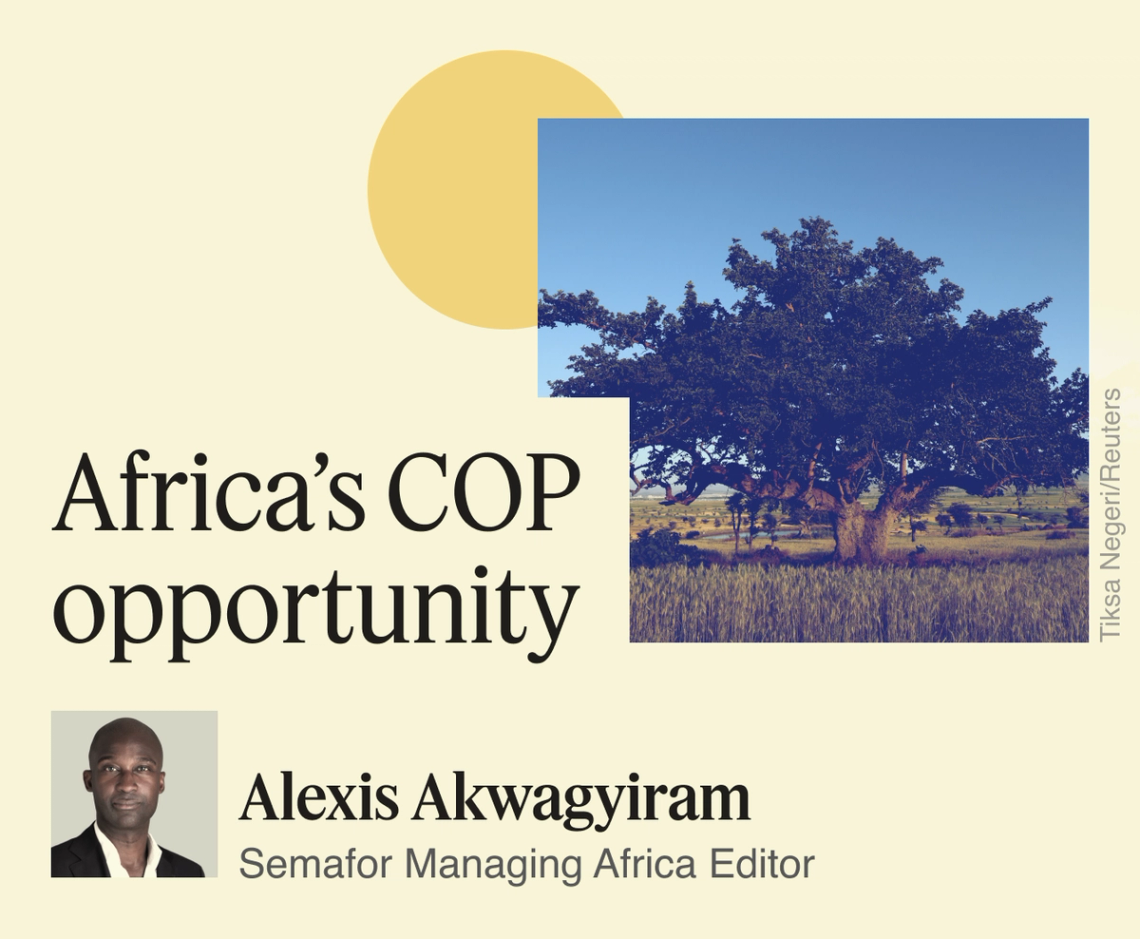 The biggest news to come out of COP so far — at least from an African perspective — has been the announcement that Ethiopia looks set to host the climate summit in 2027. Choosing Addis Ababa would offer a rare opportunity for an African country to shape the annual gathering in a way that focuses attention on the continent. The last time a sub-Saharan African nation led the conference was back in 2011 when the talks were held in South Africa. Ethiopia holding COP isn’t official yet, but that’s likely to be a formality: COP32 is due to take place in Africa and the continent’s delegates have endorsed Ethiopia. The hope is that Ethiopia can break the pattern that the conference tends to follow. Each year a slew of reports are published to coincide with COP, stressing the huge impact of extreme weather on African countries while pointing out that the continent only contributes about 4% of global carbon emissions. Some findings — like one this week warning that deforestation threatens the Congo Basin, one of the world’s largest carbon sinks — highlight Africa’s central role in tackling climate change. COP talks invariably then end in a race against time to agree on the precise wording of commitments that are largely ignored by the world’s richest nations in subsequent years. There’s cautious optimism that Ethiopia can help African countries approach the climate talks with a common purpose, just as it did when it recently hosted the Africa Climate Summit, which produced shared priorities on climate financing. But South Africa’s upcoming hosting of the G20 summit — welcomed by African policymakers as a way to amplify the continent’s voice on the global stage — shows us that the continent’s interests remain in large part beyond its control. Beijing has just announced that Chinese leader Xi Jinping won’t attend this month’s summit, after Washington said no US officials would attend; Argentina’s Javier Milei and Mexico’s Claudia Sheinbaum are among other G20 leaders who also aren’t heading to South Africa. The G20 snubs serve as a reminder that speaking with a shared voice loses its impact if nobody is listening. |